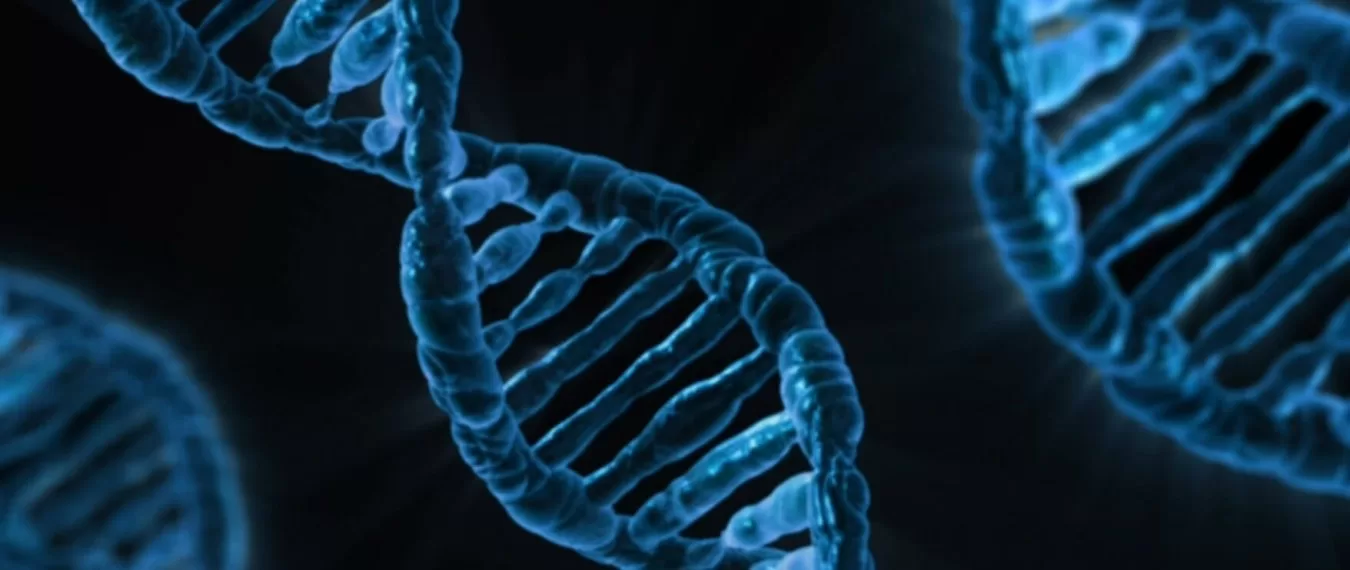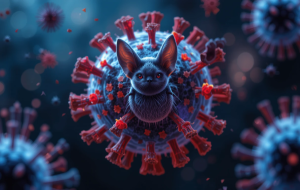Unlocking the Mysteries of Neurodevelopmental Disorders: Three Genes Identified

Unlocking the Mysteries of Neurodevelopmental Disorders: Three Genes Identified
In a groundbreaking discovery, researchers have identified three genes that play a crucial role in neurodevelopmental disorders (NDDs), a group of conditions that affect brain development and function. This significant breakthrough paves the way for a deeper understanding of NDDs and potentially holds the promise of future therapeutic interventions.
NDDs encompass a wide spectrum of conditions, including autism spectrum disorder (ASD), intellectual disability (ID), and attention deficit hyperactivity disorder (ADHD). These disorders affect millions of individuals worldwide, significantly impacting their lives and families.
The newly identified genes, known as RBFOX1, SNRG13, and UTP14A, are involved in a critical cellular process called splicing. Splicing is responsible for assembling the building blocks of proteins, the molecules that carry out essential functions in cells. When splicing malfunctions, it can lead to the production of abnormal proteins, disrupting cellular processes and potentially contributing to NDDs.
The study’s lead author, Dr. Dong Li, emphasized the significance of the findings: “Our study provides new insights into the genetic underpinnings of neurodevelopmental disorders. By understanding the role of these genes in splicing, we can gain a better understanding of how NDDs arise and potentially develop new therapeutic strategies.”
The researchers used a combination of techniques, including genetic sequencing, functional studies in fruit flies, and stem cell models, to unravel the connection between these genes and NDDs. Their findings revealed that mutations in these genes disrupt splicing and lead to the production of abnormal proteins.
Dr. Yuanquan Song, a co-author of the study, highlighted the potential impact of the findings: “Our work has significant implications for the development of new diagnostic tools and therapeutic approaches for neurodevelopmental disorders. By targeting these genes or the splicing process, we may be able to intervene in the development of NDDs and improve the lives of affected individuals.”
The identification of these three genes represents a significant step forward in understanding the complex biology of NDDs. While further research is needed to fully elucidate the mechanisms by which these genes contribute to NDDs, this discovery opens up new avenues for developing more effective diagnostic and therapeutic approaches.






